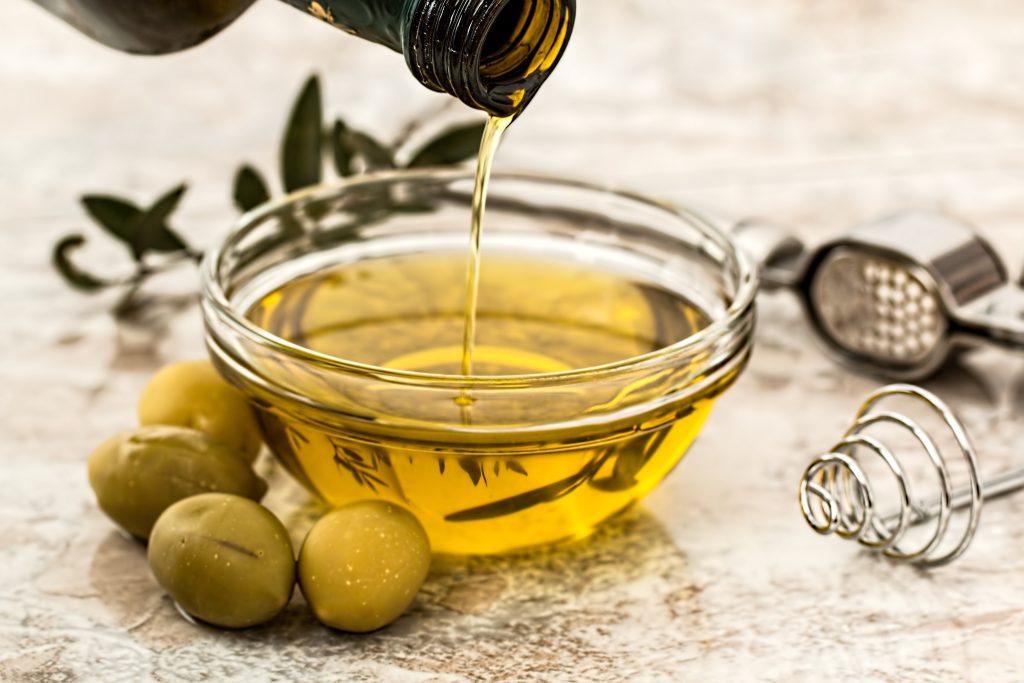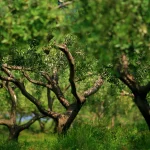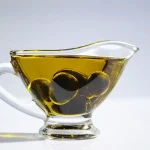Olive oils from Cres, Krka, Korčula, Šolta, and most recently Brač are mentioned, while the people of Hvar are currently proud of their multi-millennium oil production, which has been used as food, medicine, and light on their island for a long time, writes Slobodna Dalmacija.
Today, according to the agricultural advisor mr. sc. Stanislav Štambuk, this island area cultivates more than 250,000 olive trees. Farmers have made good progress in terms of proper implementation of agro-technical measures, fruit picking and processing, and oil storage. There are several modern oil mills, so extra virgin olive oils are most often produced.
This is sufficiently evidenced by the numerous recognitions of Hvar olive growers and oil mills won in the country and abroad (USA, Japan…), it is surprising that an island of less than 300 square kilometers has as many as six protected values on the UNESCO List of Tangible and Intangible Heritage (Faro Choir, agave lace, procession ‘Za Krizen’, klapa song, Mediterranean food, and the art of drywall construction), but no indication of origin or geographical origin among 33 Croatian agricultural and food products registered with the European Union.
Slobodna Dalmacija decided to check what the problem is, especially because these labels are on the one hand a valorization of achievements so far and on the other an incentive to follow the path of progress and better quality even more decisively.
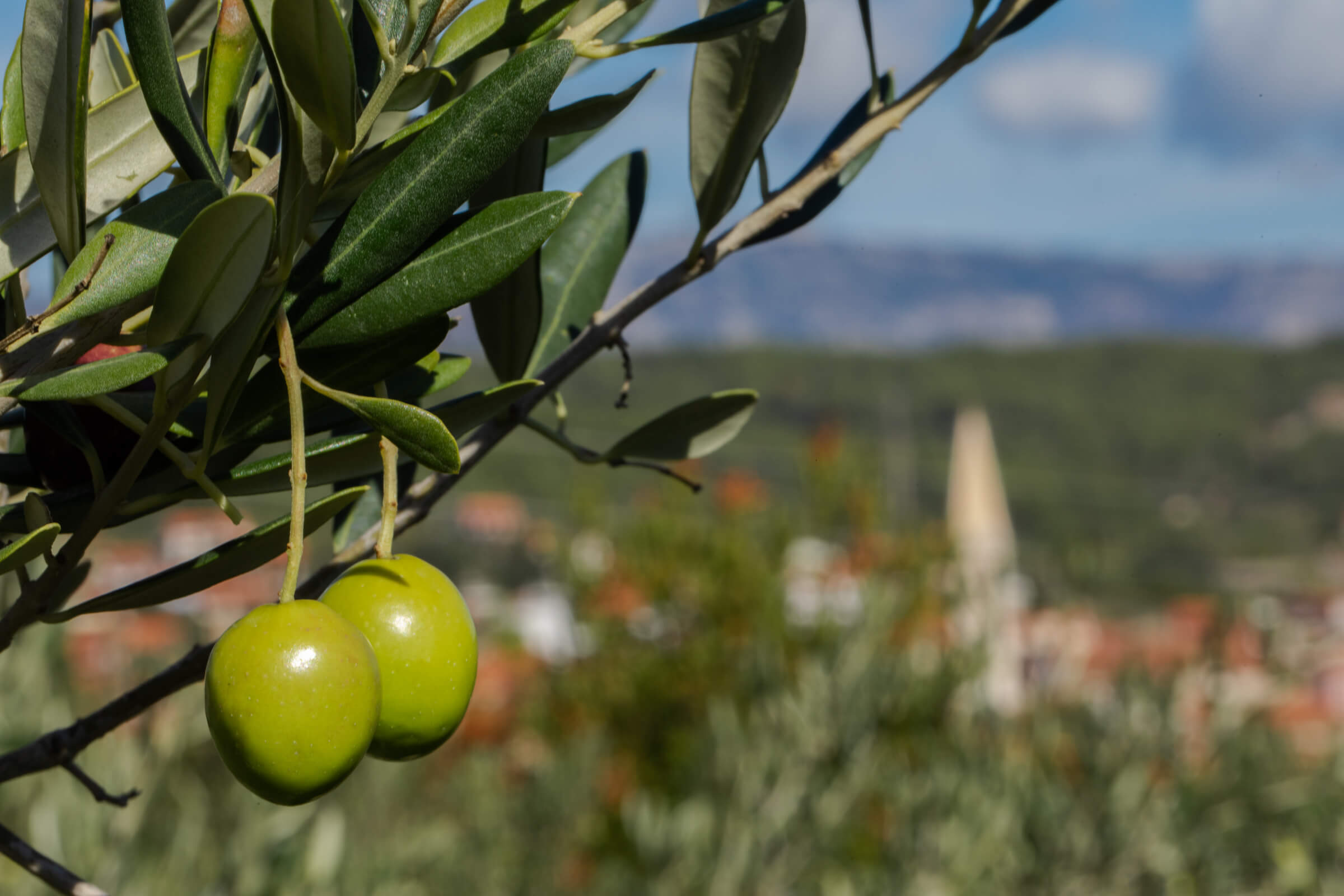
Olives from Hvar (Photo: Mario Romulić)
”There has been talking for a long time on Hvar about initiating this procedure, however, the initiative was somewhat more seriously concretized at the end of 2019 with representatives of the Association of Olive Growers St. Spirijun in Milna. Since then, several enthusiasts have been working continuously to gather the necessary arguments, such as historical evidence, data on varieties, geo-climatic conditions, traditions, processing, use of names and labels, invoices, delivery notes, media articles …, and when all this is completed we could at least go for a geographical indication because the differences between the designations are small anyway, and the benefits are almost the same”, said prof. dr. sc. Ivica Ljubenkov, an expert who also helped the people of Brač in their candidacy for the origin label.
A tradition dating back to the ancient greeks
One of the problems, as been found out, is that on Hvar, which is famous as the sunniest island (more than 2,700 hours of sunshine a year), there is not a single well-known indigenous olive variety, such as people from Šolta have Levantine, or people from Korčula have Lastovka.
And the candidacy for the label of origin is somehow the easiest to ‘wrap in cellophane’ of these original varieties, the logic of the European Union is not always in line with the thinking of our people.
Also, it must be added, that despite the declarative desire, the road to acquiring the label is long and difficult, in part due to the low involvement of some olive growers and members of the association.
”We are really proud that in the upper part we have evidence of olive growing and olive oil production from the time of the ancient Greeks. This fact is confirmed by an olive tree from the Kuharača site near Zastražišće. The ancient olive tree is truly a natural rarity and a kind of cultural monument. Evidence of olive processing also exists at the Kupinovik site near the Old Town – Faros, next to the old Roman villa rusticae. There are important artifacts such as two olive presses, a mill with a millstone, several basins for sedimentation, several oysters for storing oil… Numerous remains of architecture testify to multiple alterations, which means that the villa functioned for a longer period of 1 to the 4th century”, says the young, but multi-award-winning olive grower Eva Marija Čurin from Gdynia.
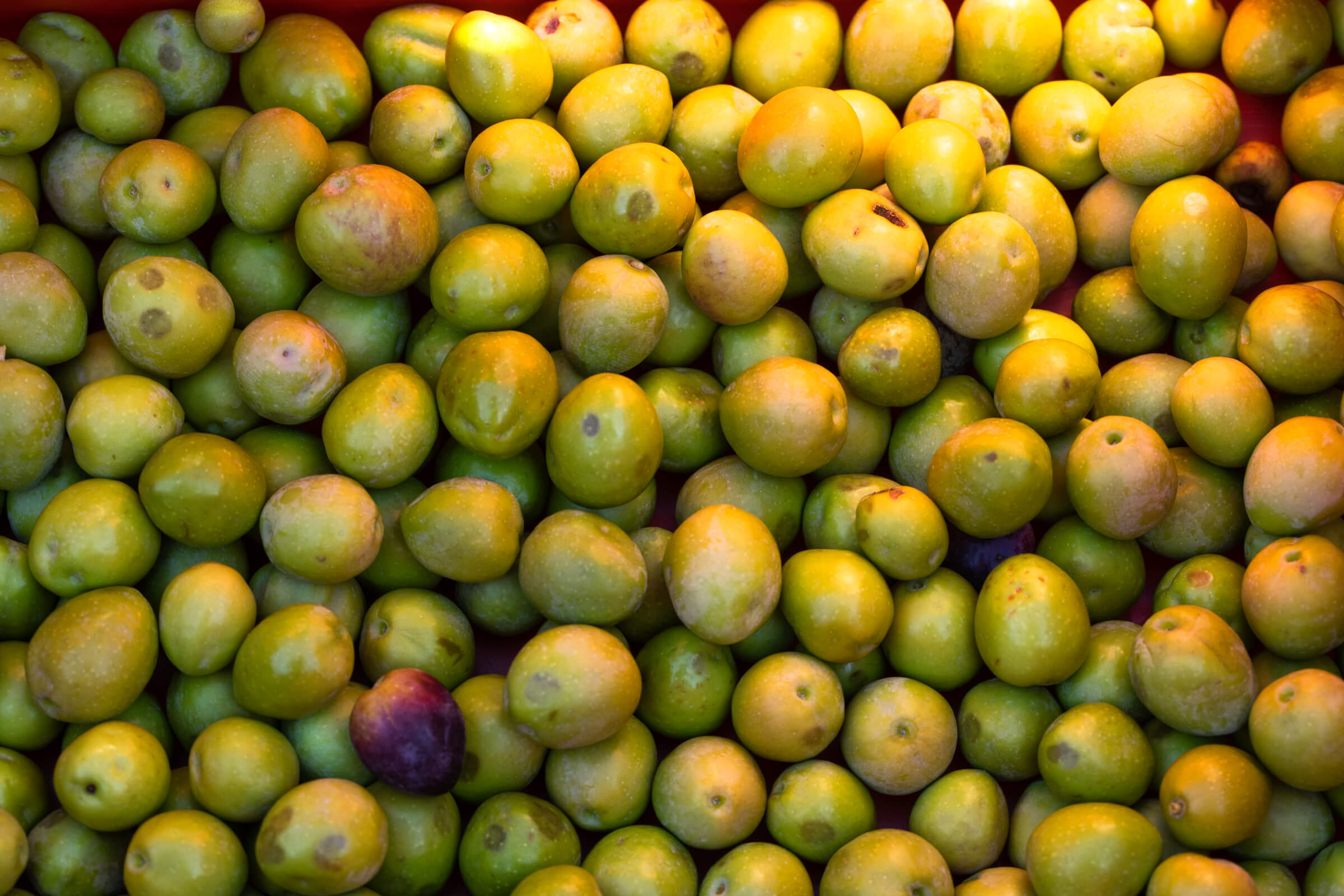
Olives from Hvar (Photo: Mario Romulić)
She is also the secretary of the association, which has more than 150 members and is actively involved in the process of obtaining the label. She adds that the “Days of Olive Oil Days of the Island of Hvar” event in Jelsa is organized every year, with the aim of encouraging olive growers to socialize, have a healthy competitive spirit, educate and, above all, increase the quality of Hvar olive oil.
Therefore, the goal is to contribute to the development of olive growing on the island of Hvar, to gain in importance both locally and internationally.
However, the association will not achieve this without its members, so the event was launched to educate these valuable olive growers about the benefits of the label and to encourage them to be more involved in collecting materials needed to obtain it.
”If we recapitulate everything that Professor Ljubenkov and our Eva Marija told us, I would like to tell the membership that, in addition to the objective benefits we would get from labels, they also protect the consumer himself, as the end-user of Hvar olive oil. The labels certainly bring protection against unauthorized use and damage to the reputation of oil that would be produced on Hvar according to pre-established rules. In this way, the consumer would have a guarantee that it is an oil that is recognized and protected specialty of the area from which it originates, and we are aware of the quality we have can only say that this label will be only the first step in further promotion of Hvar olive oil, the island where we live and produce”, concluded Đorđan Gurdulić, president of the Association of Olive Growers “St. Špirijun” from Hvar.
When it comes to olive oil, Croatia is one of the leading countries in the industry. From Istria to Dalmatia, you can find all the information you need to know about the origins, processes, and where to buy Croatian and Hvar olive oil on the Total Croatia page, now in your language!
For more on Croatian products, producers, companies and exports, make sure to check out Made in Croatia.

